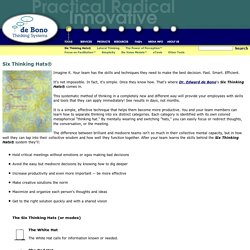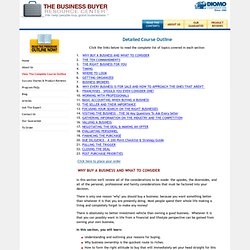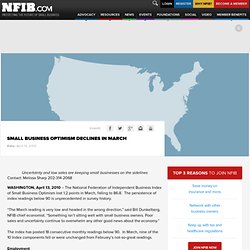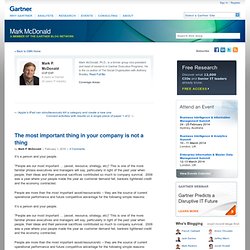

Minimum viable transformation. Read the full Business ecosystems come of age report.

Ecosystems are dynamic and co-evolving communities of diverse actors who create new value through increasingly productive and sophisticated models of both collaboration and competition. Read more about our view of business ecosystems in the Introduction. Leaders are taking lessons from the startup playbook on “minimum viable products” to launch minimum viable transformations—lightweight and readily adaptable versions of potential new business models.
Overview By now, top management teams have almost universally embraced the notion that their firms must innovate not only at the level of products and services but at the level of business models. What’s behind this trend? Businesses now need to change more frequently and in more fundamental ways. But fast, large-scale change is enormously risky. Some rays of hope, however, come from the growing understanding of what works in entrepreneurial settings. The trend Implications. Www.sbaer.uca.edu/research/sbida/1999/27.pdf. De Bono Thinking Systems. This site takes advantage of cutting edge technology to present the most effective and efficient website.

This technology requires that your browser supports web standards. While this site will remain functional for you without, we strongly recommend you upgrade to a standards-compliant browser. Browse people. Clusty.com - Clusty Search Engine. The Most Important Number Calculator.pdf (application/pdf Object)
Research. Management. Finance. News 1. Entrepreneurship. Economics. Vegas. Businessplan. News 2. How to Buy a Business - Complete Course Outline. Click the links below to read the complete list of topics covered in each section 1.

WHY BUY A BUSINESS AND WHAT TO CONSIDER 2. THE TEN COMMANDMENTS 3. THE RIGHT BUSINESS FOR YOU 4. TIMING 5. In this section we'll review all of the considerations to be made: the upsides, the downsides, and all of the personal, professional and family considerations that must be factored into your decision. There is only one reason "why" you should buy a business: because you want something better than whatever it is that you are presently doing.
There is absolutely no better investment vehicle than owning a good business. In this section, you will learn: Understanding and outlining your reasons for buying. Return To Table Of Contents Fundamental to your purchase is determining the most basic of factors: is this a good business? For example: Commandment # 2 - Buy A Good Business and Make It Great! In this section you will learn: Commandment # 2 - Buy A Good Business and Make It Great! Should you use one? Small Business Optimism Declines in March. Uncertainty and low sales are keeping small businesses on the sidelines Contact: Melissa Sharp 202-314-2068 WASHINGTON, April 13, 2010 – The National Federation of Independent Business Index of Small Business Optimism lost 1.2 points in March, falling to 86.8.

The persistence of index readings below 90 is unprecedented in survey history. “The March reading is very low and headed in the wrong direction,” said Bill Dunkelberg, NFIB chief economist. “Something isn’t sitting well with small business owners. The index has posted 18 consecutive monthly readings below 90. Employment After a devastating period of employment reductions, employment change per firm hit the “zero line” in March. “This sets the stage for job creation – if owners become optimistic enough to think new hires can generate enough additional business to pay their way,” said Dunkelberg. While actual job reductions may have halted, plans to create new jobs remain weak. Market Psychology and Investors sentiment (mood of the market) – 11 Apr, 2010 | by Sanjeev Kumar A friend of mine once told me Positive Attitude is the MANTRA for success.

Now some may say being positive is good but one has to be a REALIST too. Isn’t that just COMMON SENSE or maybe not. I believe human psychology plays a very important part in whatever we do as humans. And I do mean everything relationship, business, career etc. Let us explore this more shall we? Most of us who operate in the market or just watch the market have witnessed the markets going UP on bad news and vice-versa. Understanding the market psychology and how it affects the markets is never easy.
Business Organizational Articles. The most important thing in your company is not a thing. It’s a person and your people.

“People are our most important … (asset, resource, strategy, etc)” This is one of the more familiar phrase executives and managers will say, particularly in light of the past year when people, their ideas and their personal sacrifices contributed so much to company survival. 2009 was a year where your people made the year as customer demand fell, bankers tightened credit and the economy contracted.
People are more than the most important asset/resource/etc – they are the source of current operational performance and future competitive advantage for the following simple reasons: People get things done. When I was a commercial lender one of my customers told me, “you know mark, people write checks” meaning that people made the decision if you were going to get paid, not a computer system, nor the terms on a piece of paper. SOPHISTICATED FINANCE.